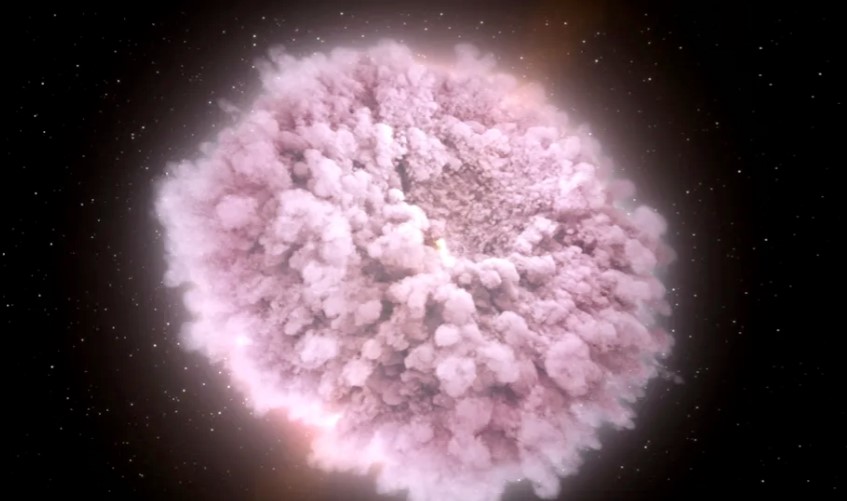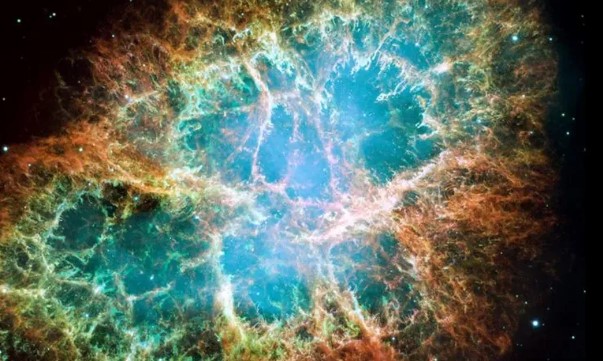
Neutron Star Collisions and Kilonova Explosions Might Hold the Key to Earth’s Gold Formation1
Neutron star collisions and kilonova explosions play a significant role in the formation of heavy elements, including gold
New Method to Model Neutron Star Collisions Sheds Light on Gold Formation An international team of scientists has developed an innovative method to model the observable signs of kilonova explosions resulting from the merger of two neutron stars. This breakthrough enables a comprehensive understanding of the extreme conditions during a merger, the behavior of nuclear matter, and the origins of heavy elements like gold on Earth.
The researchers utilized a novel software tool to analyze various astrophysical data from kilonova explosions, providing a unified approach for interpretation. This advancement is expected to contribute to insights into extreme density matter, cosmic expansion, and the genesis of heavy elements in neutron star mergers. Neutron stars, formed in supernova explosions, occasionally collide, generating opportunities to explore the universe’s most extreme conditions and the creation of elements like gold.
The innovative modeling method was applied to “multi-messenger” observations of binary neutron star mergers, particularly an event detected on August 17, 2017. During the stars’ final few thousand orbits, the warping of space-time generated gravitational waves, detected by terrestrial observatories like Advanced LIGO and Advanced VIRGO.
Elements formed during the merger underwent radioactive decay, elevating temperatures and emitting electromagnetic signals in optical, infrared, and ultraviolet wavelengths. These signals were observed for up to two weeks after the collision. Additionally, a gamma-ray burst resulting from the merger expelled additional material.
For the latest updates-click here.


